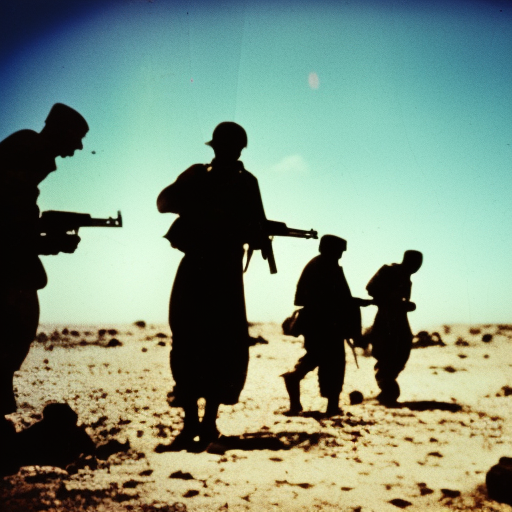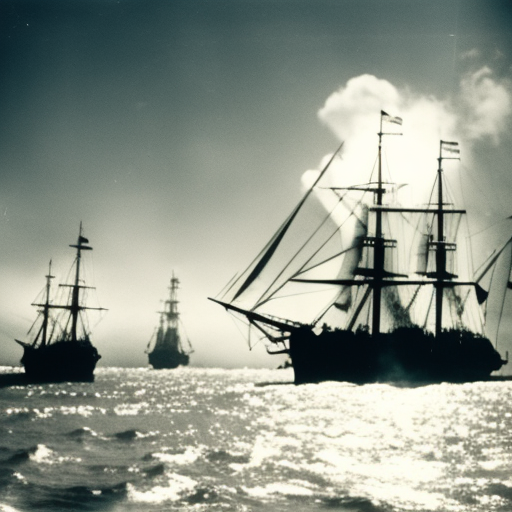Summary:
The North African campaign was a series of battles fought between the Allied forces, led by the British Eighth Army and the United States Army, and the Axis forces, led by the German Afrika Korps and the Italian Army, in North Africa during World War II. The campaign lasted from 1940 to 1943 and played a crucial role in the eventual defeat of the Axis powers.
Background:
The North African campaign began in 1940 when Italy, under the leadership of Benito Mussolini, launched an invasion of Egypt from its colony in Libya. However, the Italian forces were ill-prepared and were quickly pushed back by the British forces under General Archibald Wavell. In response, Adolf Hitler sent German forces, led by General Erwin Rommel, to bolster the Italian troops and regain control of the region.
The Early Battles:
The early battles of the North African campaign were characterized by back-and-forth fighting between the Allied and Axis forces. Rommel, known as the “Desert Fox,” proved to be a formidable opponent, using his superior tactical skills to launch successful offensives against the British. However, the Allies were able to regroup and launch counterattacks, pushing the Axis forces back.
The Battle of El Alamein:
The turning point in the North African campaign came with the Battle of El Alamein in October 1942. Under the leadership of General Bernard Montgomery, the British Eighth Army launched a massive offensive against the Axis forces. The battle lasted for two weeks and ended with a decisive Allied victory. This victory marked the first major defeat for the Axis forces and turned the tide of the war in favor of the Allies.
The Tunisian Campaign:
Following the victory at El Alamein, the Allied forces launched an offensive into Tunisia, the last remaining Axis stronghold in North Africa. The campaign was marked by fierce fighting, as the Axis forces, now under the command of General Hans-Jürgen von Arnim, put up a strong resistance. However, the Allies were able to slowly advance and surround the Axis forces, leading to their eventual surrender in May 1943.
Significance:
The North African campaign was significant for several reasons. Firstly, it provided valuable combat experience for the Allied forces, who were able to refine their tactics and strategies for future battles. Secondly, it diverted significant Axis resources away from other fronts, weakening their overall war effort. Finally, the campaign secured control of the Mediterranean Sea for the Allies, allowing for the successful invasion of Italy and the eventual liberation of Europe.
Conclusion:
In conclusion, the North African campaign was a crucial theater of operations during World War II. The battles fought in the deserts of North Africa between the Allied and Axis forces shaped the outcome of the war. The campaign showcased the tactical brilliance of leaders like Rommel and Montgomery and demonstrated the resilience and determination of the soldiers on both sides. Ultimately, the Allied victory in North Africa paved the way for the liberation of Europe and the eventual defeat of the Axis powers.












